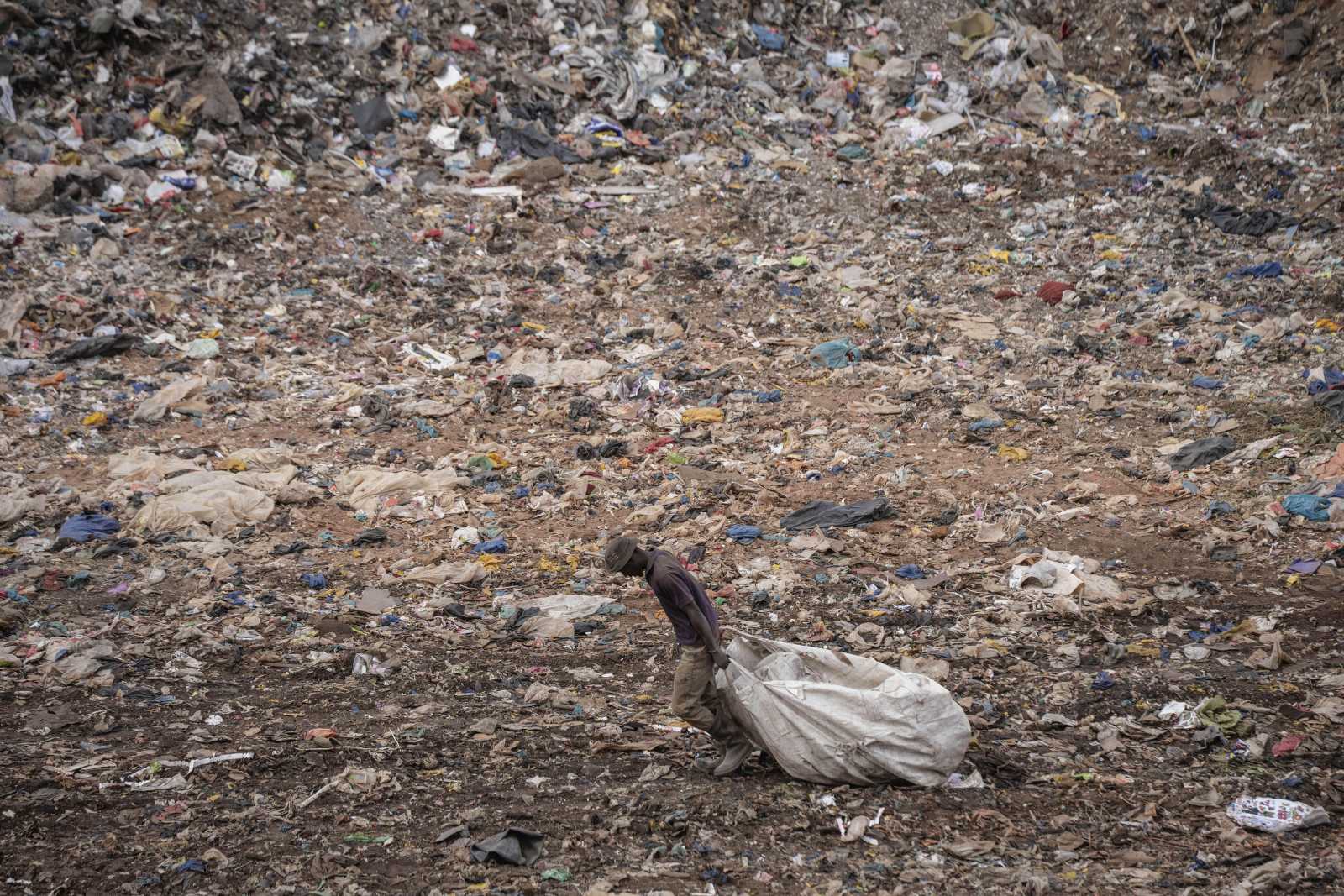Comment
Smart finance
By Nena Stoiljkovic
The DFCU Bank in Uganda is a model that deserves to be copied. By targeting women entrepreneurs, this bank has built a successful portfolio of business loans, leases and mortgages. It started reaching out to women in business after realising they accounted for 40 % of the owners of small enterprises in the country, but received only 10 % of the credit. Since 2007, the bank has disbursed nearly $ 20 million to women-owned enterprises. That’s smart finance, and it’s helping to drive Uganda’s economic growth.
Unfortunately, DFCU’s approach is not typical of the financial sector in most developing countries. In much of Sub-Saharan Africa, loan applications by women entrepreneurs are rejected. In Latin America, women entrepreneurs might be able to obtain loans, but the loan size tends to be insufficient. In most developing countries, banks do not extend the same range of financial services to women-owned businesses than they do to those owned by men.
It is estimated that women-owned businesses have unmet financial needs of $ 260 billion to 320 billion each year. And there is one segment of women-owned enterprises that particularly falls through the cracks. While very small women-owned enterprises are served by microfinance institutions and larger businesses can receive loans from traditional banks, medium-sized businesses are all too often the “forgotten” middle.
That means banks are missing out on a huge untapped market, and there is a strong business case for offering financial products tailored to women entrepreneurs. The numbers speak for themselves – women own around 35 % of small and medium enterprises in developing countries. They make up about 40 % of the global workforce and global consumer spending by women is projected to reach $ 28 trillion in 2014. Women also contribute more effectively than men to their societies by reinvesting their incomes in health, education and their families’ welfare.
And yet, recent World Bank Group research shows that in 102 out of 141 economies, the law treats men and women differently, limiting women’s economic opportunities. In the developing world, women are more likely to work in the informal sector, which tends to be less productive than the formal one. Unfair laws, moreover, often prevent them from owning land.
Women entrepreneurs frequently face a gender bias when it comes to establishing and developing their own enterprises, not only because their access to financial services tends to be more restricted than men’s. Women are at a disadvantage, which reduces the growth potential of entire economies. In many countries, women are still being held back by legislation that, for instance, requires husbands to sign their wives’ business transactions. Not surprisingly, the world’s most competitive industries are those where the earnings gap between women and men is the narrowest.
Three fundamental and interrelated challenges typically hamper the investment climate for women:
– Women’s unequal legal status has profound implications for their economic potential.
– Even where laws are gender-neutral, some kinds of institutional gender bias endure.
– Women are not well represented in business networks such as chambers of commerce.
These issues can and should be tackled.
There is some progress in many places. Investment climates are slowly becoming more responsive to women entrepreneurs’ needs. Women in the Democratic Republic of Congo can now officially register their businesses. In Indonesia, women can use alternative forms of collateral to obtain loans. Such small victories matter. But greater progress could be achieved fast if more banks took the pro-active approach of the DFCU Bank in Uganda in support of women entrepreneurs. This bank is a
client of the International Finance Corporation (IFC), the member of the World Bank Group that funds private-sector development – and the IFC is eager to cooperate with other banks on similar issues.







